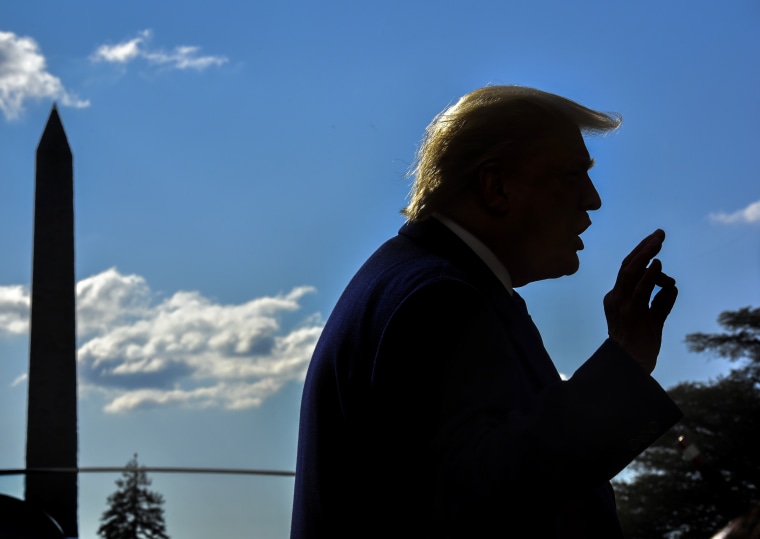WASHINGTON — The Supreme Court on Monday put a temporary hold on a House subpoena for President Donald Trump's financial records spanning eight years.
The House Government Oversight committee subpoenaed the material in April. The committee acted after former Trump lawyer Michael Cohen testified that "Mr. Trump inflated his total assets when it served his purposes and deflated his assets to reduce his real estate taxes."
House Democrats said they needed the documents to investigate whether the president accurately filled out required financial disclosure forms.
Lawyers for the president tried to have the subpoena thrown out, but they lost in the lower courts. A court order upholding the subpoena, and requiring the accounting firm to begin turning over the Trump documents, was to take effect on Wednesday.
Last Friday, Trump lawyers asked the Supreme Court to put the subpoena on hold while they pursue an appeal. On Monday, the court agreed. In a two-sentence order, the court said the House must respond by 3 p.m. Thursday.
The court's action, known as an administrative stay, does not indicate how the court might rule on the legal merits of the dispute. It simply stops the clock to give the lawyers time to file their papers.
Trump's lawyers have argued that if the subpoena is upheld, any committee of Congress could seek any personal information it wants from a president. "Given the temptation to dig up dirt on political rivals, intrusive subpoenas into personal lives of presidents will become our new normal in times of divided government — no matter which party is in power."
Lawyers for the House said the subpoena presents no threat to the president's ability to carry out his duties, because it is directed at his accountants and does not require him to do anything.

